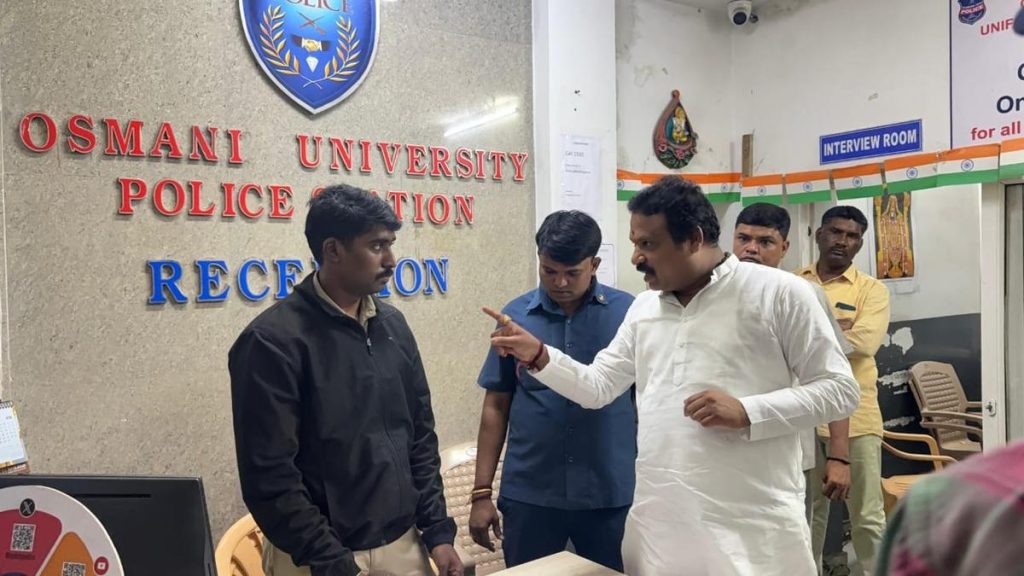Now Reading: Ravenshaw University Withdraws Restrictive Timings for Women Students and Staff
-
01
Ravenshaw University Withdraws Restrictive Timings for Women Students and Staff
Ravenshaw University Withdraws Restrictive Timings for Women Students and Staff

fast Summary
- Ravenshaw University Revokes Controversial Campus Order: The university in Cuttack rescinded an earlier directive barring female students,faculty,and non-teaching staff from staying on campus beyond 5.30 p.m.
- Backlash Against Directive: The notice faced widespread condemnation from student groups, civil society, and women’s rights advocates for being “regressive” and “discriminatory.”
- Linked Incident: While unrelated to the recent self-immolation death of a female student from another college in Odisha (allegedly due to sexual harassment), the timing of the ravenshaw directive drew scrutiny.
- Clarification & Next Steps: Ravenshaw University clarified that the order had been misinterpreted and withdrew it after intervention by Odisha’s state Higher Education Department. A new safety-focused SOP is expected soon.
Indian Opinion Analysis
The swift reversal of Ravenshaw University’s controversial order reflects strong societal resistance to policies perceived as discriminatory against women in India’s institutions of higher learning. While safety concerns following alleged incidents of gender-based violence are valid, responding with restrictions rather than structural safeguards risks reinforcing inequality rather than addressing core issues.
This incident highlights recurring tensions between governance mechanisms aimed at protecting individuals and broader conversations about fostering inclusivity and equal access within educational spaces.It underscores India’s need for thorough, thoughtfully designed measures-such as stronger enforcement against harassment through legal frameworks-rather than reactionary directives that may alienate key stakeholders like students or staff.
The promise to formulate a complete safety SOP offers an possibility for constructive engagement between authorities, civil society groups, and women’s advocates to ensure equitable policies addressing security without diminishing women’s autonomy.
Read more: Link






















